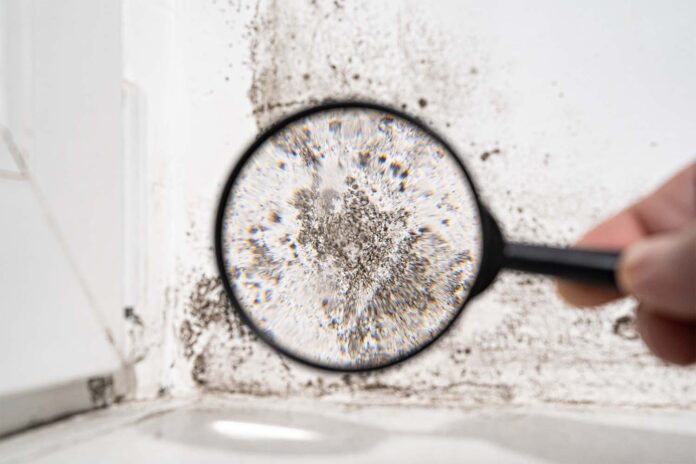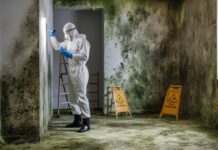When confronting the lurking threat of black mold, the stakes couldn’t be higher. Homeowners often breathe a sigh of relief upon receiving test results, thinking they can finally put their fears to rest.
However, these results can sometimes be misleading, leaving you in a precarious situation. Imagine discovering your sanctuary is not as safe as you believed, or worse, being alarmed without cause.
With a myriad of factors influencing mold test accuracy—ranging from the methodology employed to environmental conditions—it’s crucial to discern between genuine findings and those that are simply erroneous. In this article, we will explore the top signs that your black mold test results may not reflect reality, empowering you to take informed action for the health of your home and your family.
Lack of Professional Certification
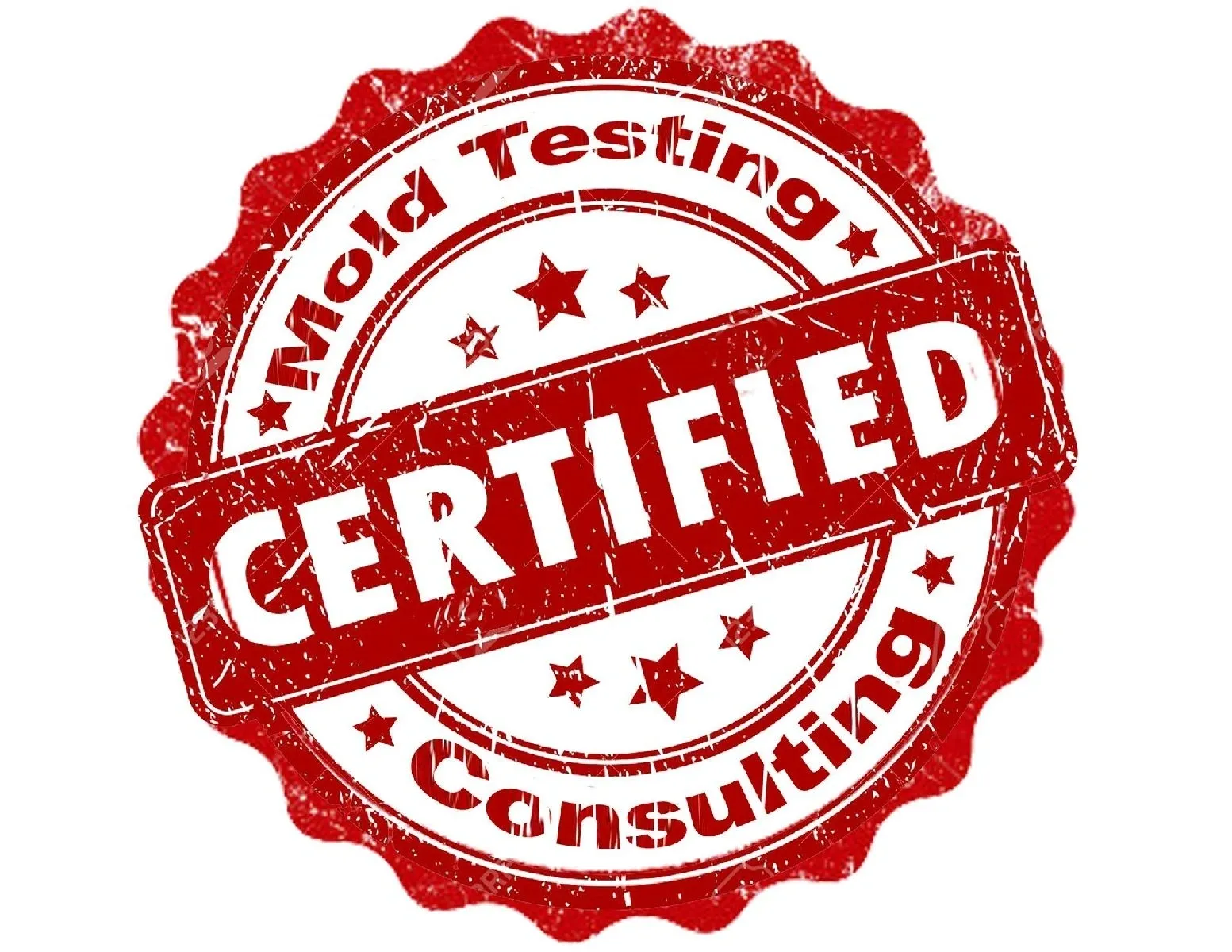
One glaring red flag that can signal inaccuracies in your black mold test results is the lack of professional certification among the testers. In a field where precision and expertise are paramount, relying on individuals or companies without verified credentials can lead to misleading conclusions.
Imagine a scenario where an unqualified technician conducts a test with inadequate knowledge of mold types and their implications; the stakes are high. They might overlook mold species that are particularly harmful, resulting in a false sense of security.
Certification not only signifies a level of training but also a commitment to understanding the latest methodologies and health guidelines. Therefore, when evaluating your test outcomes, scrutinize the credentials of those involved—because a professional who lacks certification could not only misinterpret results but also jeopardize your health and safety in the process.
Misleading Triggers in Air Quality
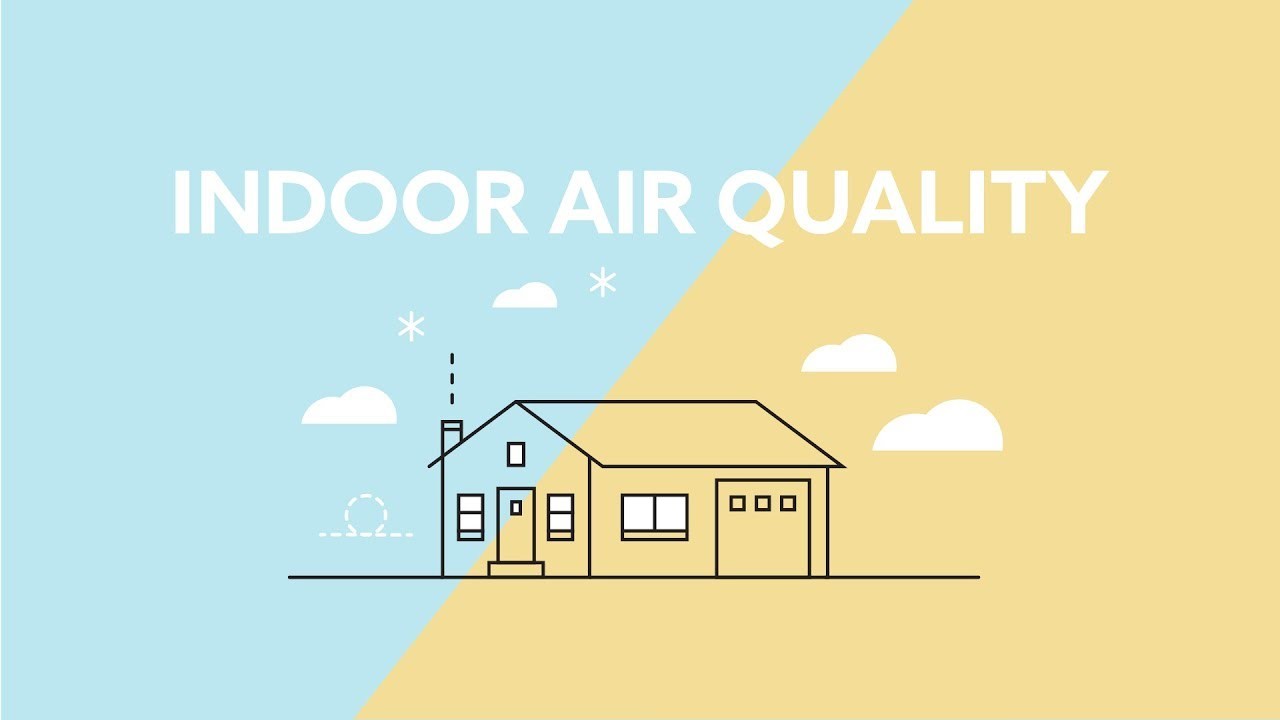
Misleading triggers in air quality can significantly skew black mold test results, leading homeowners down a treacherous path of misdiagnosis. For instance, high humidity levels might signal potential mold growth, but they can also be attributed to entirely different environmental factors, such as recent rainfall or lack of ventilation.
Similarly, spikes in particulate matter from external sources—like nearby construction or natural dust storms—can falsely indicate indoor mold presence, creating a false sense of urgency. Moreover, certain air quality monitors may misinterpret benign biological materials, mistaking them for harmful spores.
This complex interplay of environmental variables requires a discerning eye to decipher, as relying solely on air quality indicators without context can lead to costly remediation efforts rooted in error rather than fact. Thus, understanding these potentially misleading triggers is essential for anyone concerned about the accuracy of their black mold test results.
Ignoring Contextual Factors
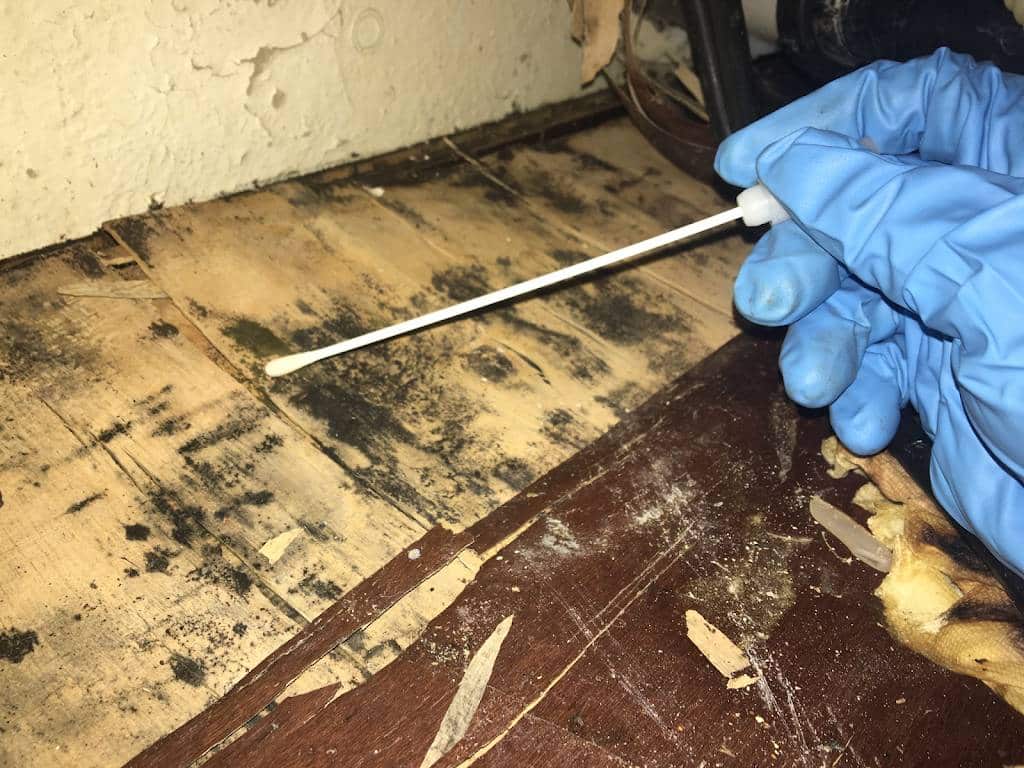
When assessing the accuracy of your black mold test results, one critical mistake is to overlook the contextual factors that can heavily influence these readings. For instance, consider the age of your home, the previous water damage, or even the season in which the test was conducted; each of these elements plays a significant role.
Mold behaves differently depending on humidity and temperature, which means that tests performed in a damp basement during a humid summer may yield radically different outcomes than those taken in cooler, dryer conditions. Moreover, the specific sampling methods used and whether they were conducted by a certified professional can drastically alter results.
Ignoring these intricacies might lead you to erroneous conclusions about the presence—or absence—of harmful black mold, potentially exposing you and your family to serious health risks if remediation is not properly handled.
Conclusion
In conclusion, ensuring the accuracy of your black mold test results is crucial for maintaining a healthy indoor environment. By staying vigilant for the signs of potential inaccuracies, such as inconsistent readings, lack of professional certification, or questionable testing methods, you can better assess the true state of your home.
Remember, if you suspect a mold problem, it’s advisable to consult experienced professionals for reliable Black Mold Testing and remediation strategies. By taking these proactive steps, you can safeguard your living space and protect the health of your household.
